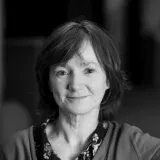
Professor Gráinne McAlonan
Professor of Translational Neuroscience
- Director, NIHR Maudsley Biomedical Research Centre
- Head of Department, Forensic and Neurodevelopmental Sciences
Research interests
- Mental Health
- Neuroscience
Contact details
Biography
Gráinne McAlonan is Professor of Translational Neuroscience and Head of Department, Forensic and Neurodevelopmental Sciences at the Institute of Psychiatry, Psychology & Neuroscience at King’s College London. She is Director of the NIHR Maudsley Biomedical Research Centre.
She studied Medicine at University of Cambridge and Imperial College London and completed a PhD in Behavioural Neuroscience at University of Cambridge. After clinical and research posts in the UK, she worked for over a decade in The University of Hong Kong before returning to King's College London in 2011.
She is a Psychiatrist in the National Autism and ADHD Service for adults in South London and Maudsley NHS Foundation Trust. Her research into neurodevelopmental conditions uses MRI, EEG and pharmacological challenges to examine key neurobiological and neurochemical mechanisms (such as sensory processing), which are upstream of complex clinical presentations.
She aims to understand how brain development in early life provides a platform for adult brain health and mental wellbeing; how the brain develops and matures in young people with early onset liver disease; and the brain chemistry of adult neurodevelopmental conditions.
Professor McAlonan is a lead investigator within the EU-AIMS-2-TRIALS consortium – a European network hosting the world’s largest grant for autism research.
She is responsible for fetal/neonatal/infant brain imaging studies of children with neurodevelopmental conditions and for pharmacology studies in adults with ASD.
She also runs the Clinical programme in Brain Health in Gen2020, a multiscale investigation into the brain development of children born during the pandemic.
Research Groups
-
Group Leader, MRC Centre for Neurodevelopmental Disorders
- AIMS-2-TRIALS Fetal/Neonatal and Shiftability studies Lead
- Brain Health in Gen2020
Research
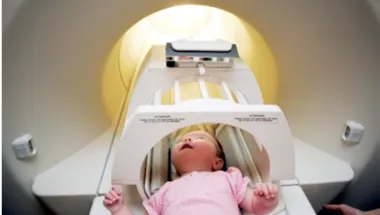
Brain Imaging in Babies (BIBS)
The Brain Imaging in Babies Study (BIBS) aims to improve understanding of how a baby's brain develops from before birth up until 3-4 years of age.

Brain Health in Gen2020
Gen2020 researchers will map the potential impact of prenatal exposures such as Covid-19 on fetal and childhood brain development and outcomes.

Social media, Smartphone Use and Self-Harm in Young People (3S-YP) study
The rise in self-harm has been linked to increasing use of social media and internet technology among young people.
Project status: Ongoing
News
Experts with lived experience address mental health stigma
The community engagement event, “Voices of Experience: Breaking Mental Health Stigma”, was hosted at Peckham Levels in South East London in May 2025 as part...

Professor Gráinne McAlonan announced as new Director of NIHR Maudsley BRC
IoPPN Professor of Translational Neuroscience previously served as Interim Director of the centre from summer 2023.
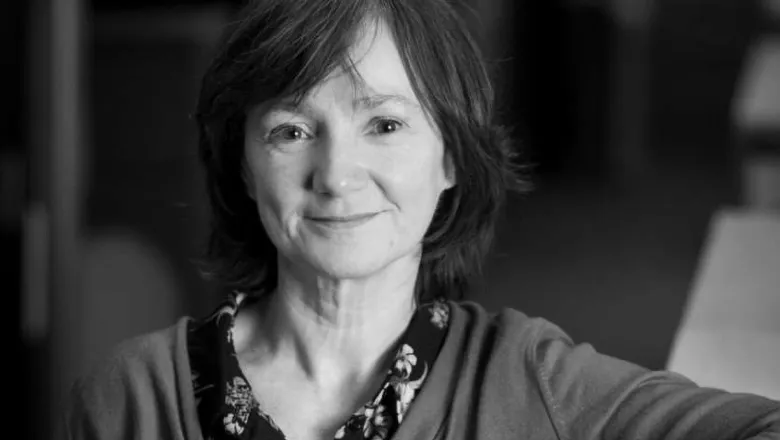
Chemical regulates light processing differently in the autistic and non-autistic eye, new study finds
King’s College London researchers have shown that the brain chemical GABA regulates activity in the retina of the eye in autistic and non-autistic individuals...
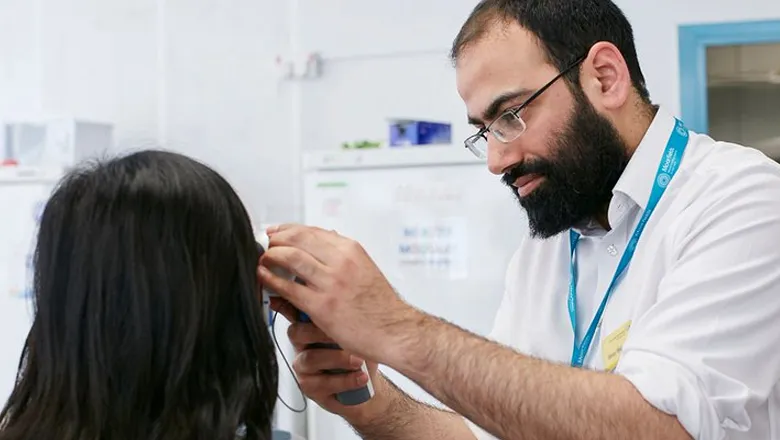
Patterns of brain connectivity differ between preterm and term babies
A new King’s College London scanning study of 390 babies has shown distinct patterns between term and preterm babies in the dynamic (moment-to-moment)...
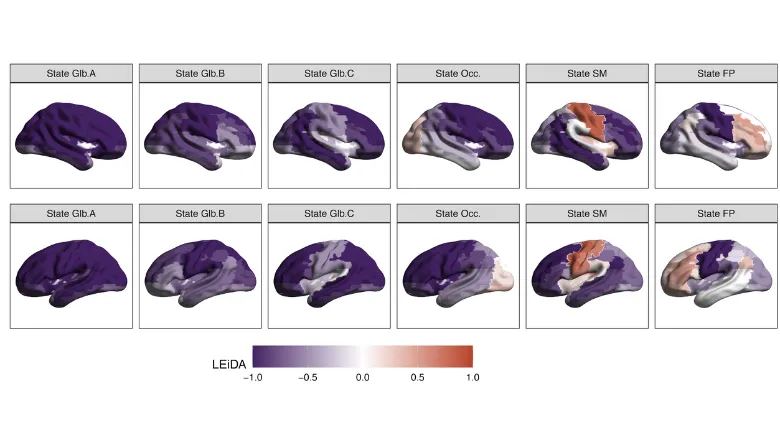
A showcase of research in eating and weight disorders celebrates the launch of CREW
A packed one-day showcase of inspirational talks and activities marked the opening of the new Centre for Research in Eating and Weight Disorders (CREW) at...
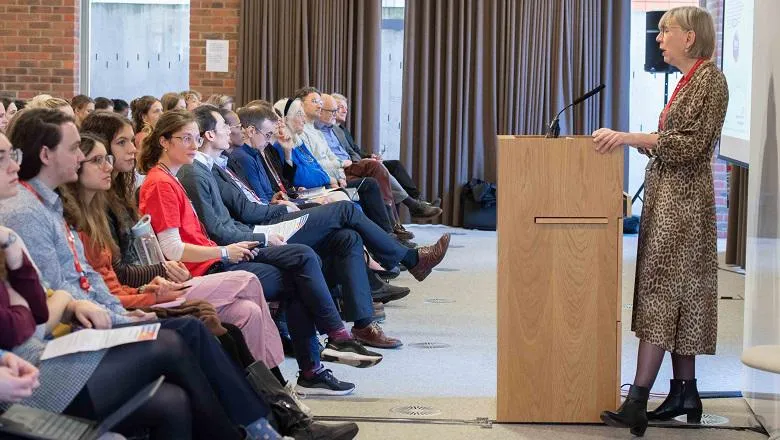
£14m provided for research into the brain development of children who were "in the womb" during the COVID-19 pandemic
Researchers at King’s College London have been given £14m to conduct a six-year research programme into the effects COVID-19 on children.

A new generation of Inspiring Women at the IoPPN
28 new portraits of internationally recognised female professors at the Faculty have been added to IoPPN’s ‘Inspiring Women’ exhibition, celebrating the...

Lord O'Shaughnessy visits King's College London and the NIHR King's Clinical Research Facility
Lord O’Shaughnessy, Former Health Minister and Senior Partner at consultancy firm Newmarket Strategy visited IoPPN and the NIHR King's Clinical Research...
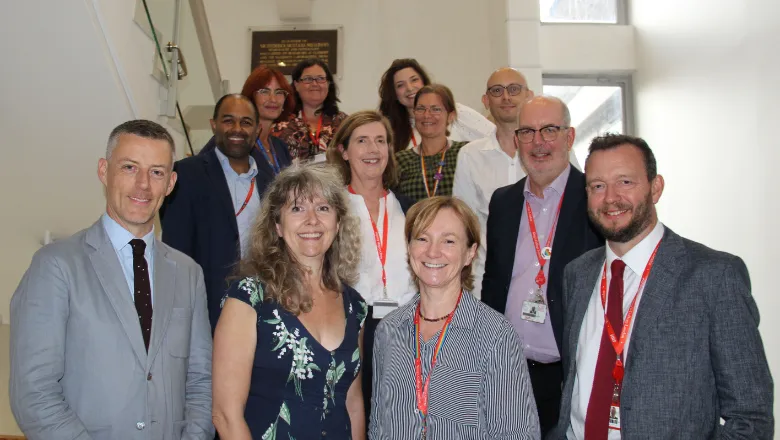
£42m boost to mental health research announced by Office for Life Sciences
A new Mental Health Mission, announced today by the Office for Life Sciences, will provide £42.7m worth of funding for mental health research in the UK.
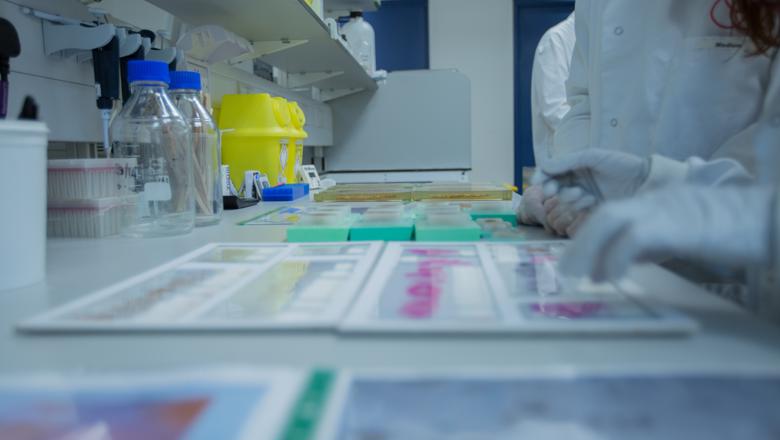
Professor Grainne McAlonan announced as Deputy Director of NIHR Maudsley BRC
Professor McAlonan appointed to role in May, and will act as interim NIHR Maudsley BRC Director from August 2023.

Events
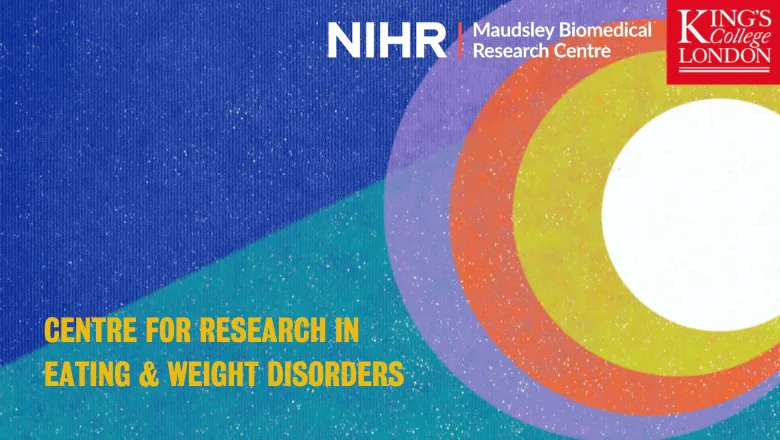
Research Showcase in Eating and Weight Disorders
Join us to celebrate the launch of the Centre for Research in Eating and Weight Disorders at King's College London, and discover research from the NIHR...
Please note: this event has passed.
Features
IoPPN Inaugural Lectures: 2022-2023
Inaugural lectures are given by newly arrived or promoted professors, who use the opportunity to introduce themselves, to present an overview of their own...

Research

Brain Imaging in Babies (BIBS)
The Brain Imaging in Babies Study (BIBS) aims to improve understanding of how a baby's brain develops from before birth up until 3-4 years of age.

Brain Health in Gen2020
Gen2020 researchers will map the potential impact of prenatal exposures such as Covid-19 on fetal and childhood brain development and outcomes.

Social media, Smartphone Use and Self-Harm in Young People (3S-YP) study
The rise in self-harm has been linked to increasing use of social media and internet technology among young people.
Project status: Ongoing
News
Experts with lived experience address mental health stigma
The community engagement event, “Voices of Experience: Breaking Mental Health Stigma”, was hosted at Peckham Levels in South East London in May 2025 as part...

Professor Gráinne McAlonan announced as new Director of NIHR Maudsley BRC
IoPPN Professor of Translational Neuroscience previously served as Interim Director of the centre from summer 2023.

Chemical regulates light processing differently in the autistic and non-autistic eye, new study finds
King’s College London researchers have shown that the brain chemical GABA regulates activity in the retina of the eye in autistic and non-autistic individuals...

Patterns of brain connectivity differ between preterm and term babies
A new King’s College London scanning study of 390 babies has shown distinct patterns between term and preterm babies in the dynamic (moment-to-moment)...

A showcase of research in eating and weight disorders celebrates the launch of CREW
A packed one-day showcase of inspirational talks and activities marked the opening of the new Centre for Research in Eating and Weight Disorders (CREW) at...

£14m provided for research into the brain development of children who were "in the womb" during the COVID-19 pandemic
Researchers at King’s College London have been given £14m to conduct a six-year research programme into the effects COVID-19 on children.

A new generation of Inspiring Women at the IoPPN
28 new portraits of internationally recognised female professors at the Faculty have been added to IoPPN’s ‘Inspiring Women’ exhibition, celebrating the...

Lord O'Shaughnessy visits King's College London and the NIHR King's Clinical Research Facility
Lord O’Shaughnessy, Former Health Minister and Senior Partner at consultancy firm Newmarket Strategy visited IoPPN and the NIHR King's Clinical Research...

£42m boost to mental health research announced by Office for Life Sciences
A new Mental Health Mission, announced today by the Office for Life Sciences, will provide £42.7m worth of funding for mental health research in the UK.

Professor Grainne McAlonan announced as Deputy Director of NIHR Maudsley BRC
Professor McAlonan appointed to role in May, and will act as interim NIHR Maudsley BRC Director from August 2023.

Events

Research Showcase in Eating and Weight Disorders
Join us to celebrate the launch of the Centre for Research in Eating and Weight Disorders at King's College London, and discover research from the NIHR...
Please note: this event has passed.
Features
IoPPN Inaugural Lectures: 2022-2023
Inaugural lectures are given by newly arrived or promoted professors, who use the opportunity to introduce themselves, to present an overview of their own...

